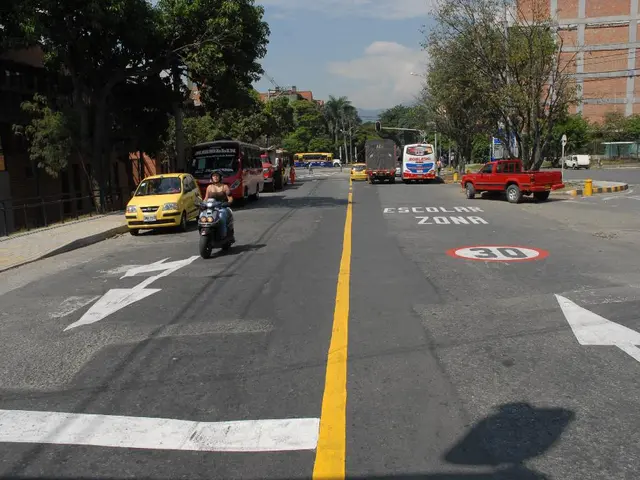Preparing for Another Trump Presidency Among the Muslim-American Community
In the aftermath of Donald Trump's re-election as the U.S. President, Muslim American communities are bracing for potential increased social and political challenges.
During Trump's second term, immigration policies have become markedly stringent, sparking widespread fear and uncertainty among immigrant communities, including Muslim Americans. The administration's emphasis on harsh enforcement, widespread arrests, and deportations, as well as travel bans targeting several majority-Muslim countries, has led to a chilling effect on immigrants' participation in public life and increased anxiety about safety in the U.S.
Trump's stance on Israel and broader Middle East policy has also been transactional and aggressive. The administration's actions, such as direct military strikes and a shift away from traditional diplomatic norms, have exacerbated tensions in the Middle East. These policies could indirectly impact Muslim American communities by influencing the geopolitical climate around issues important to them.
The 2020 U.S. elections saw Muslim voters turning out in record numbers. Despite Trump winning 42% of the vote in Dearborn, a city with a significant Arab American population, Biden received 69% of the vote in Michigan. Many Arab American voters question how Trump can support a ceasefire while also supporting Israel's ideology.
Muslim Americans are preparing to resist four more years of hostile policies under Trump's administration. They plan to use their voice through social media, protests, and other means to push for what they stand for. However, violence against Muslim Americans increased under Trump's presidency, with a 91% increase in hate crimes against Muslims in 2017 alone.
CAIR data shows that 42% of Muslim voters intended to vote for Jill Stein, the only candidate who supported a ceasefire. Harris, on the other hand, emphasized her commitment to ending the war in Gaza during her campaign. Many Muslim Americans intend to defend their rights and advocate for a ceasefire on just terms.
Trump's plans for immigration reform include increasing border security, ending birthright citizenship, and reinstating and expanding the Muslim travel ban. He also threatens to launch the "largest deportation operation in American history." These policies, if implemented, could further escalate tensions and insecurity within Muslim American communities.
Despite these challenges, Muslim Americans remain resilient. They are determined to use their voice and influence to shape a more inclusive and peaceful future for all. With an estimated 2.5 million Muslim American citizens planning to vote in the 2020 U.S. elections, their impact on the political landscape is undeniable.
- As tensions escalate in the U.S. and the Middle East under President Trump's administration, there is a growing concern among Muslim American communities regarding their identity and safety within the broader society.
- In an effort to safeguard their interests and defend their rights, Muslim Americans have become more politically active, utilizing platforms such as social media, protests, and advocacy to make their voices heard, particularly on issues like war-and-conflicts in the Middle East and immigration policies.
- To address the challenges faced by Muslim American communities, many are looking to support political candidates who prioritize their concerns, such as ending the war in Gaza, and actively engaging in general news discussions around social, political, and community-related matters.







